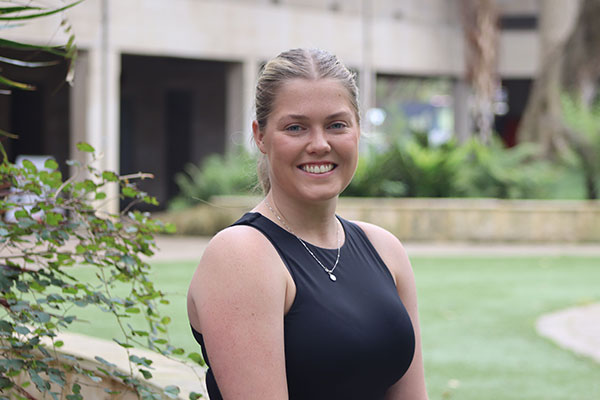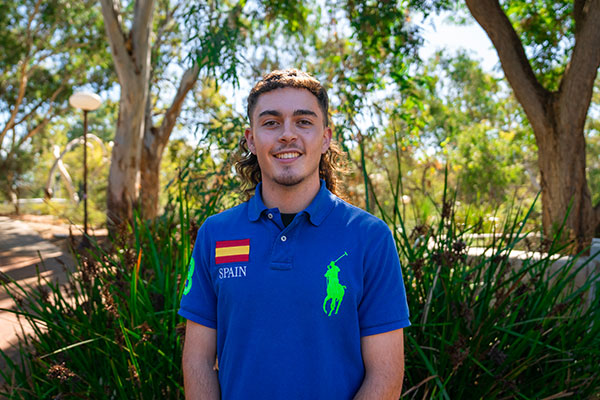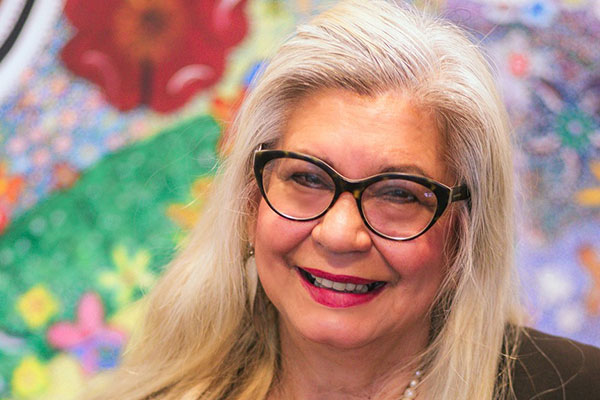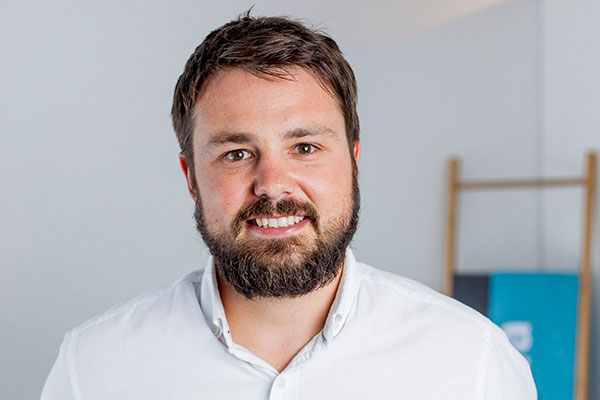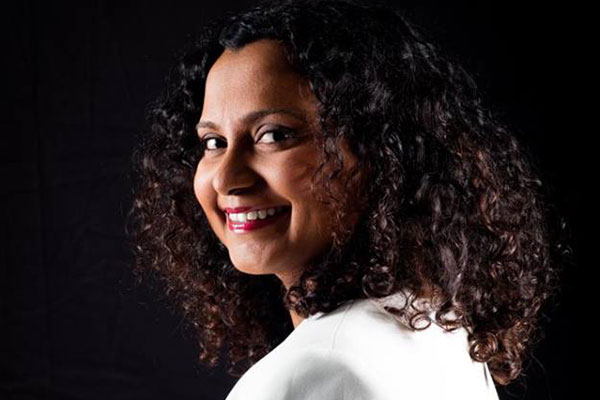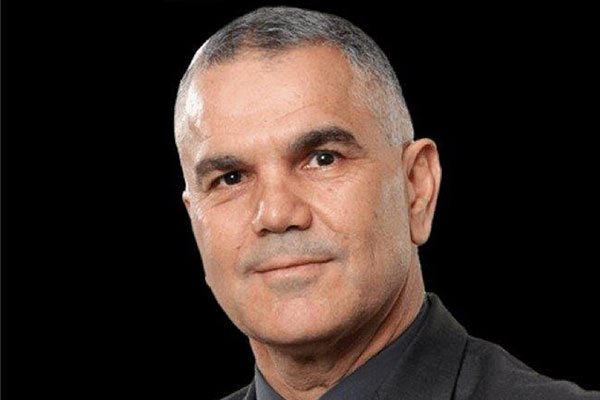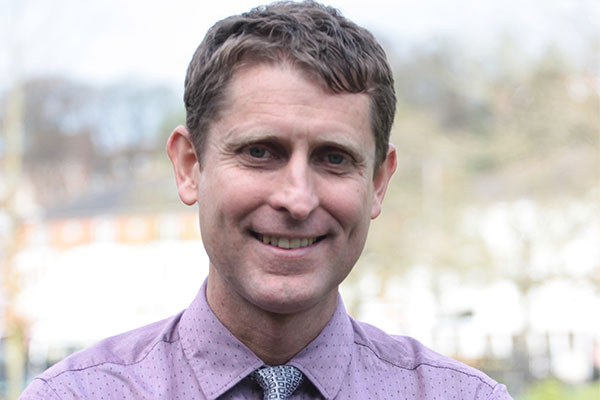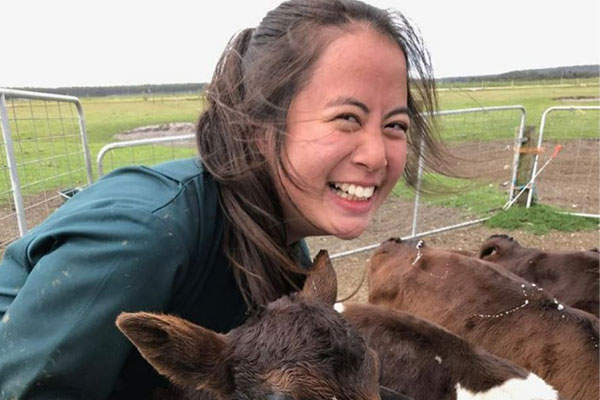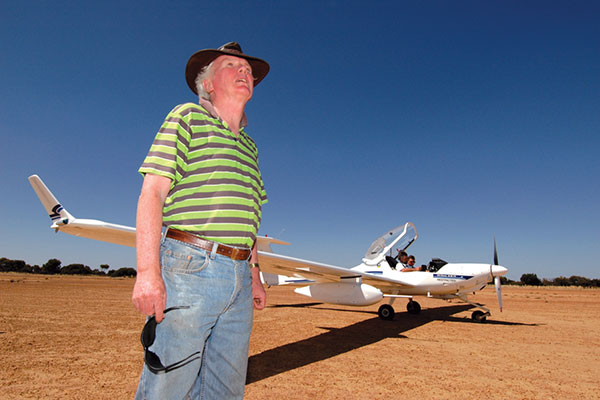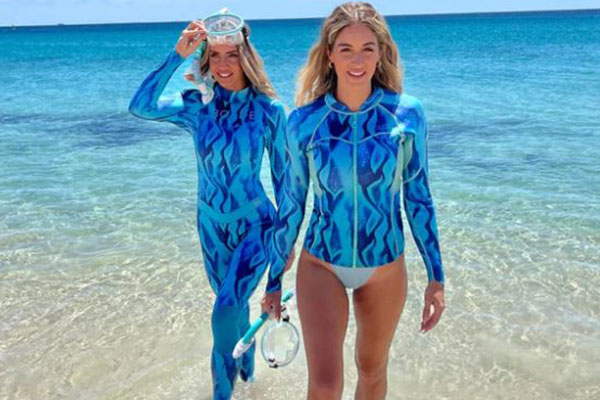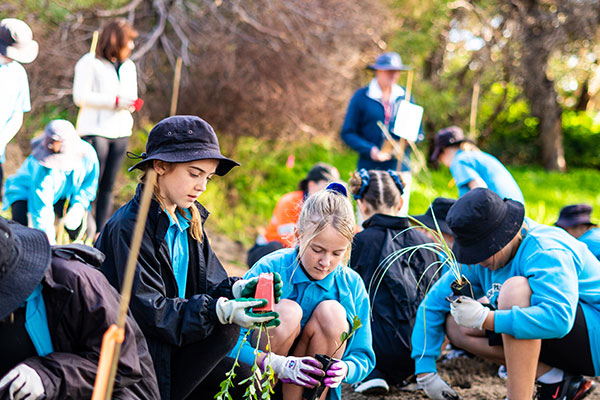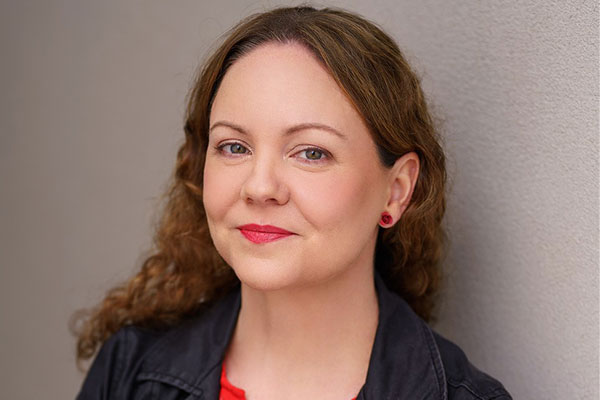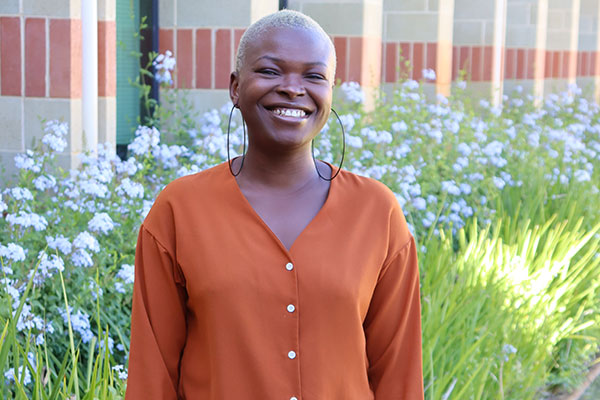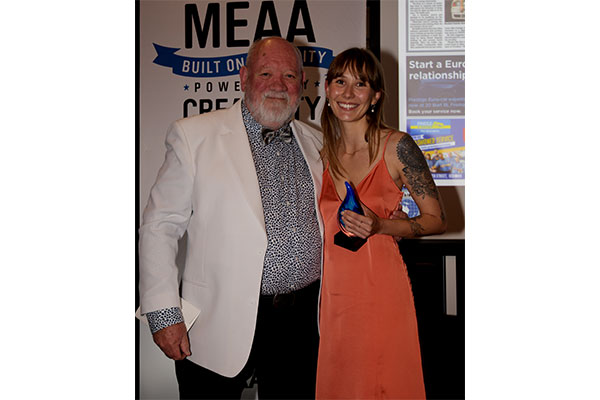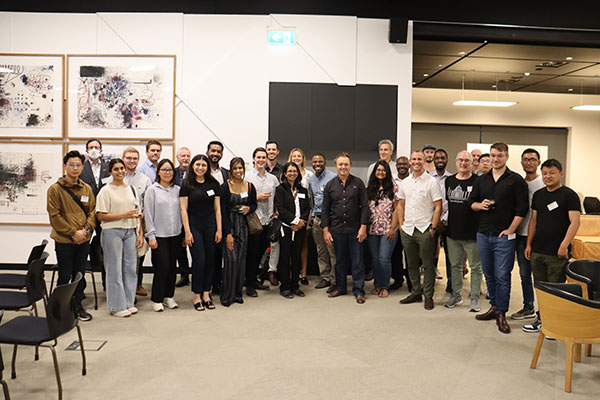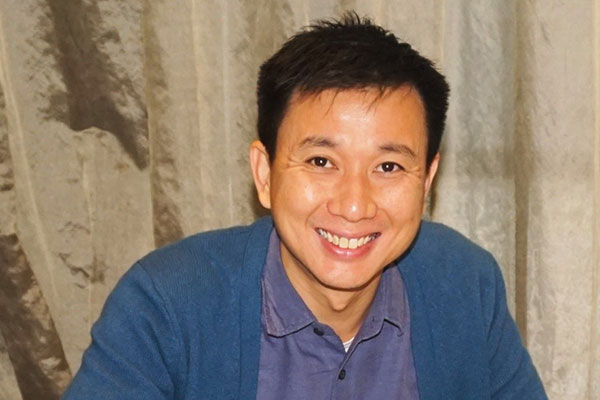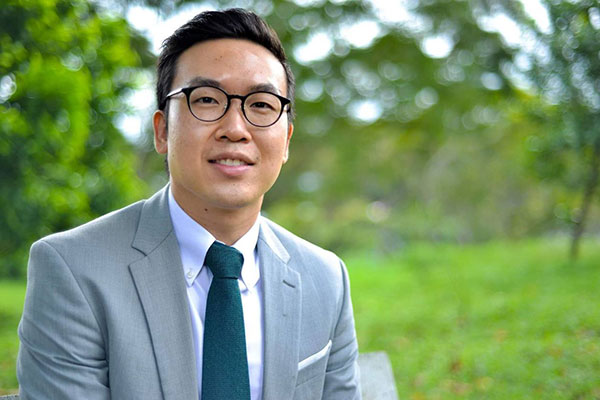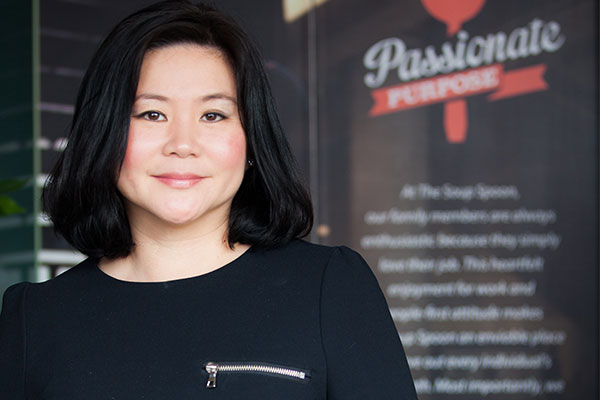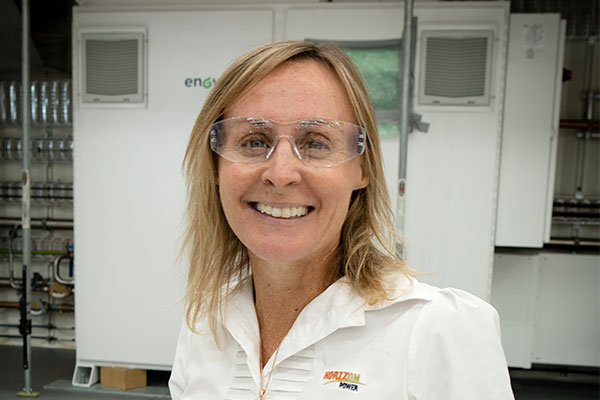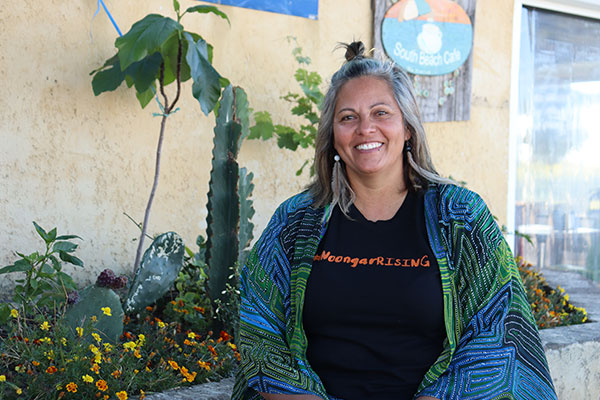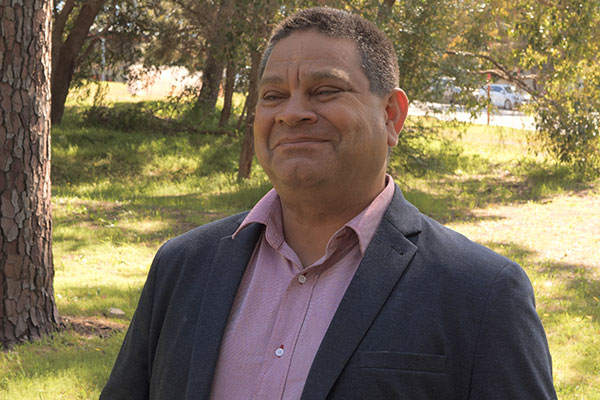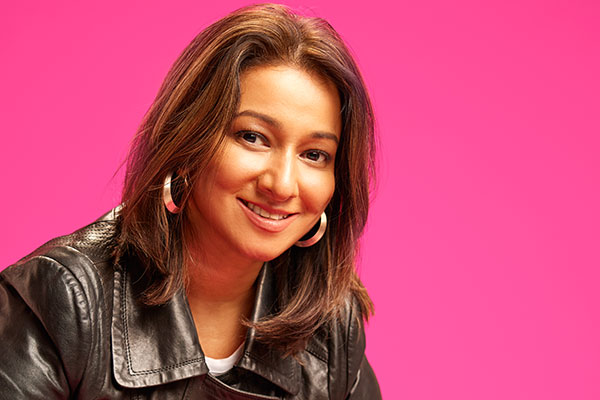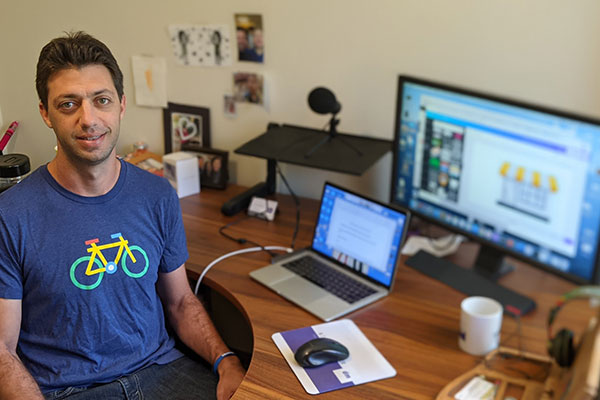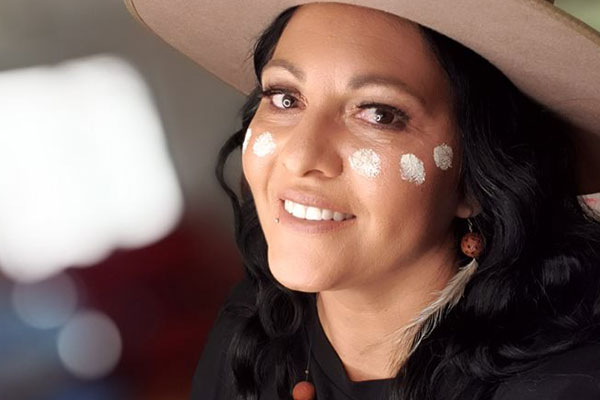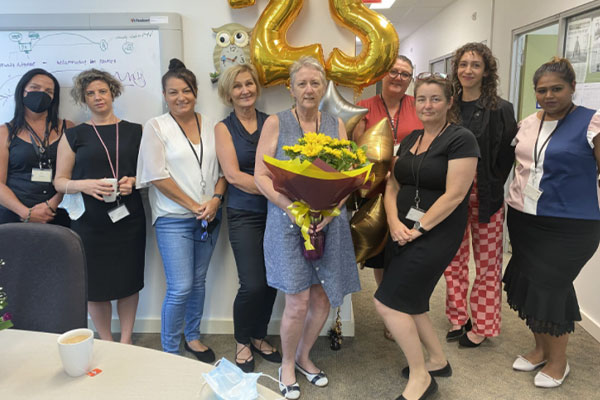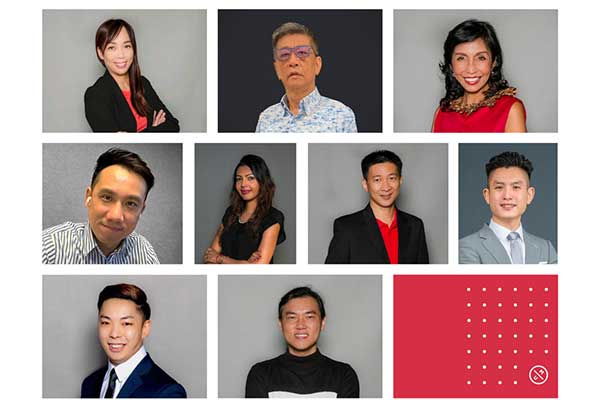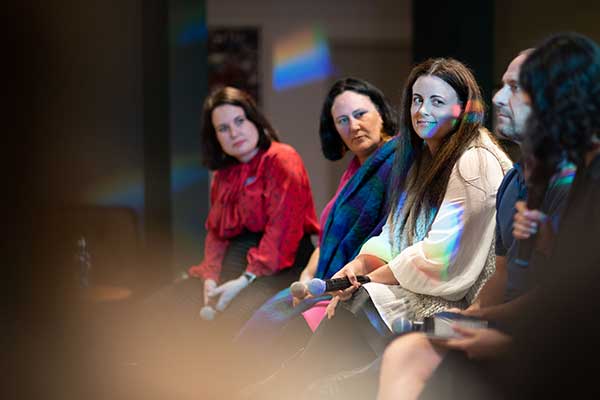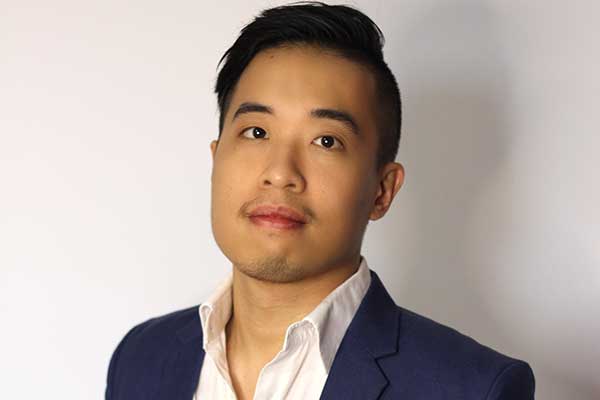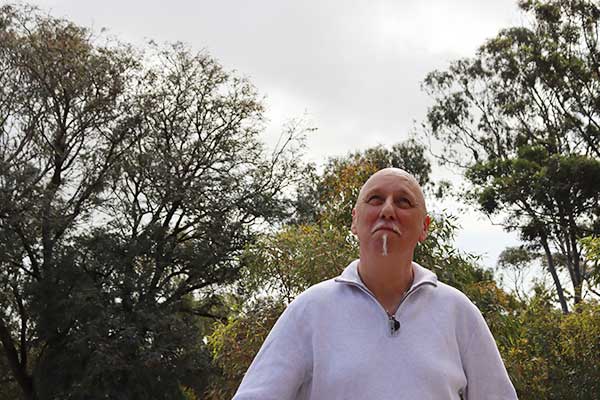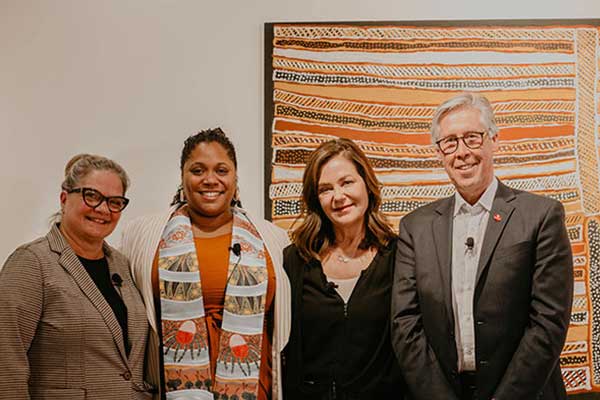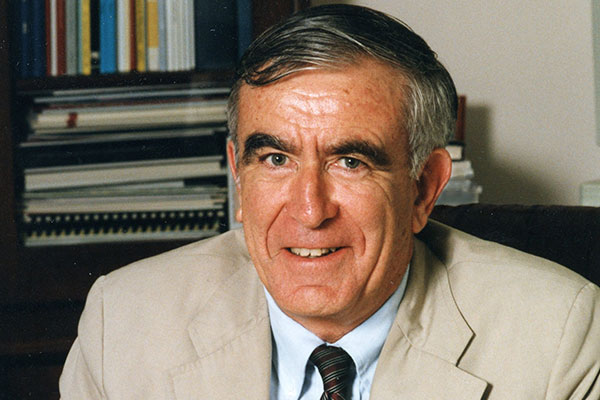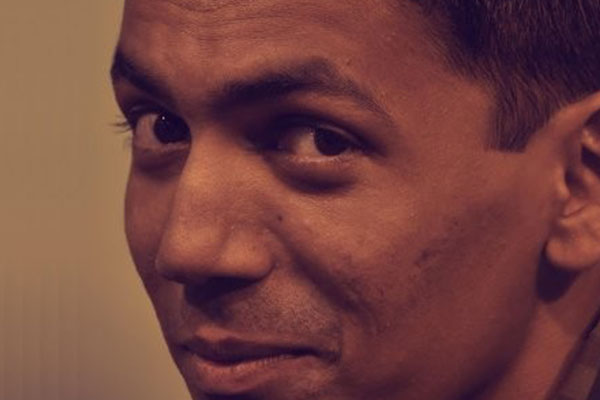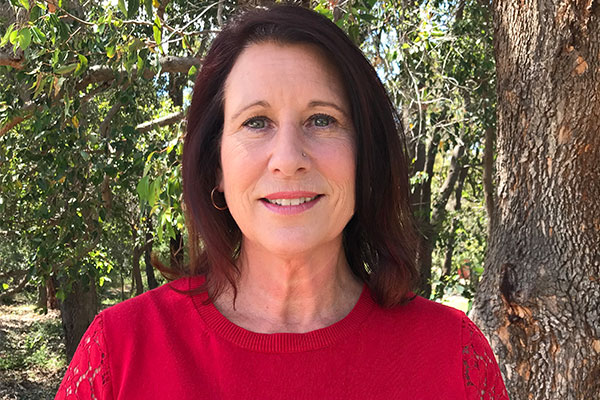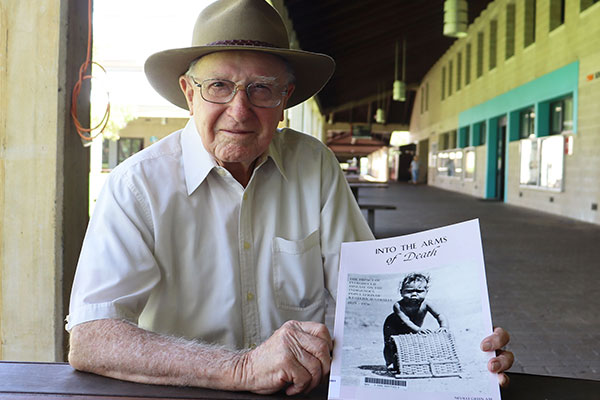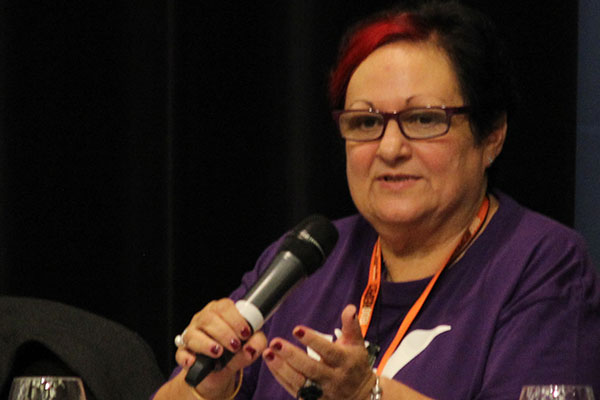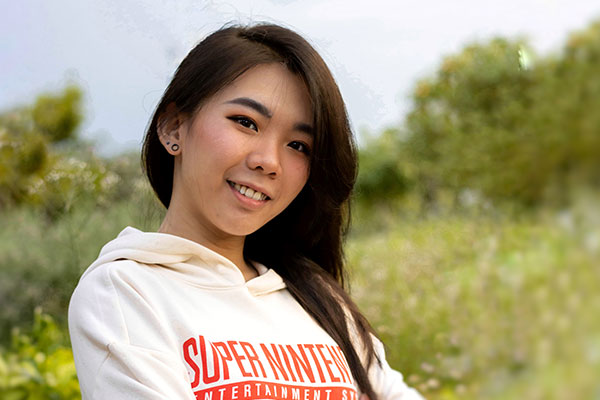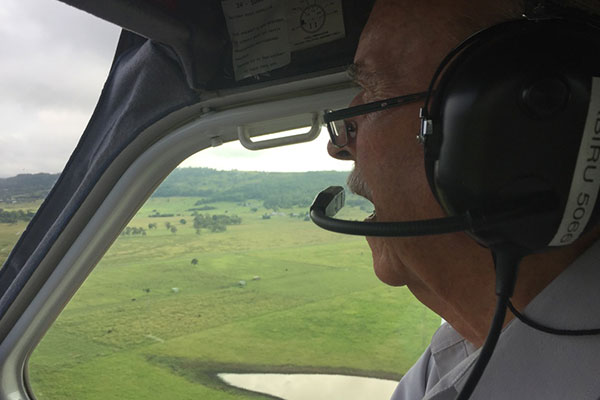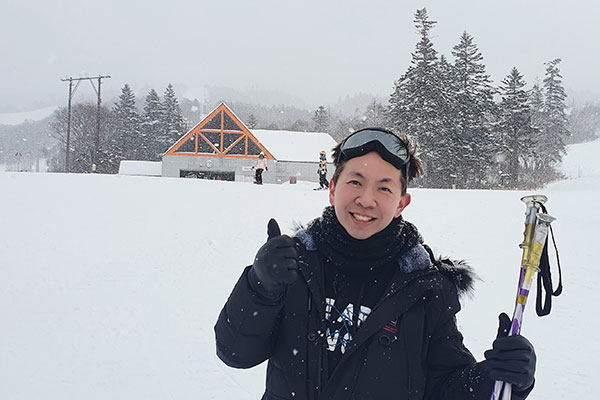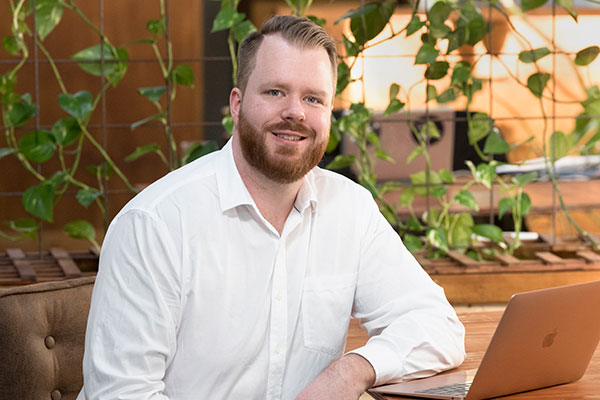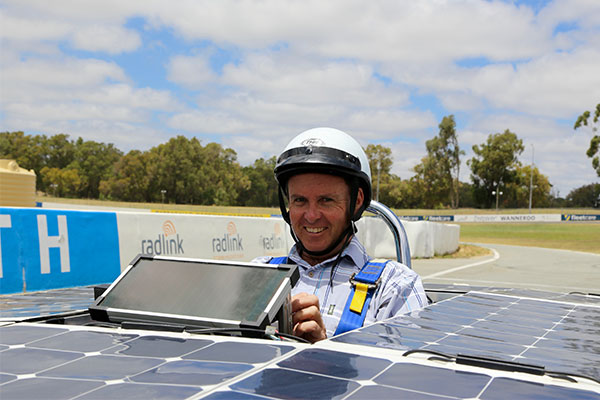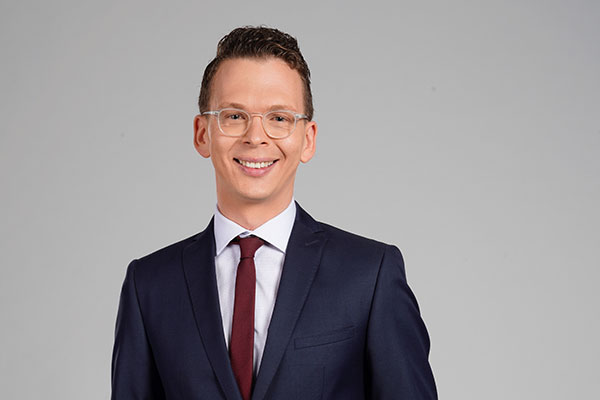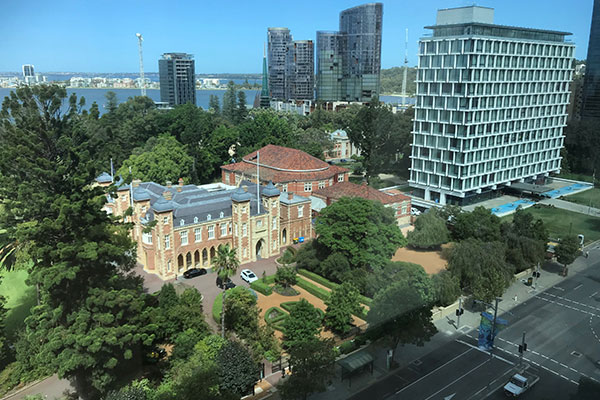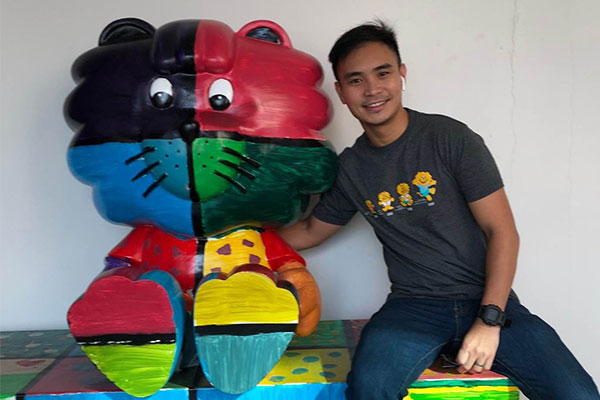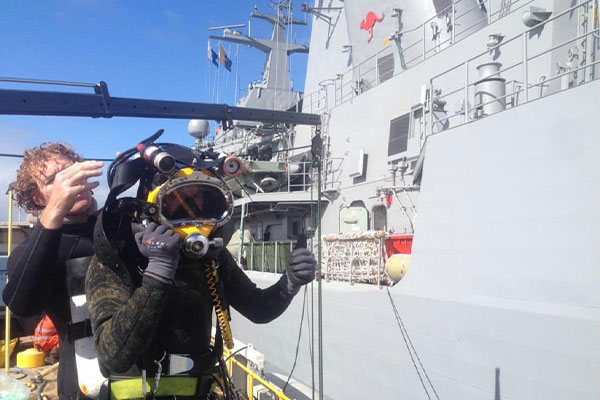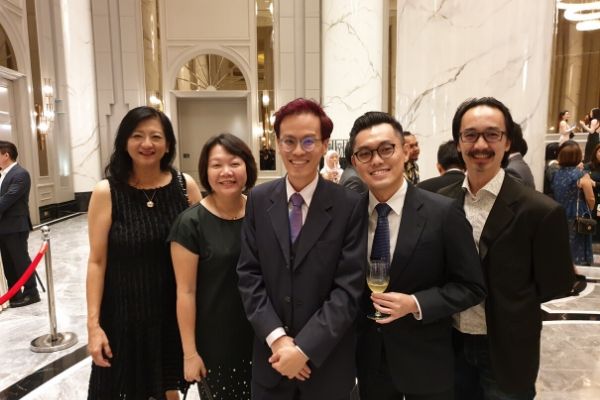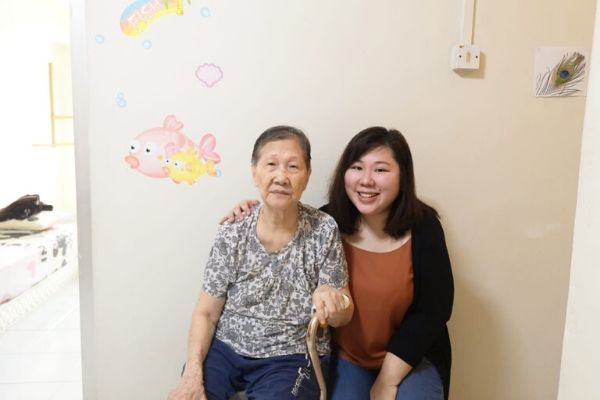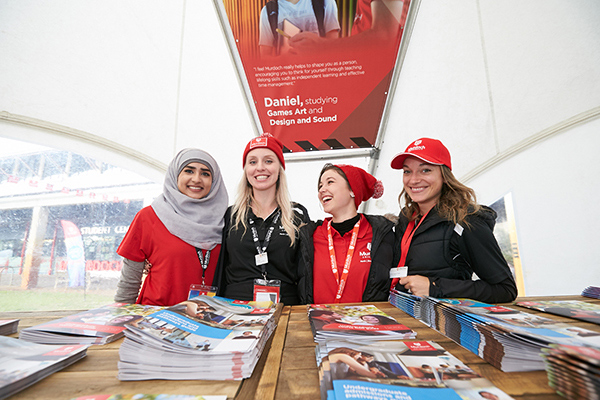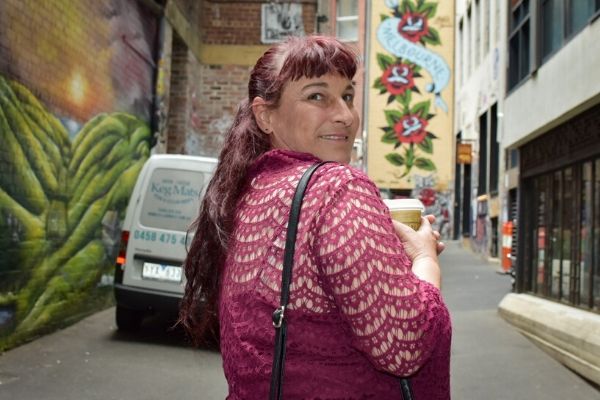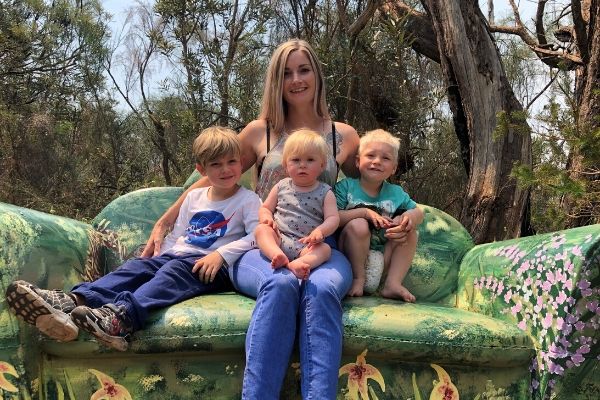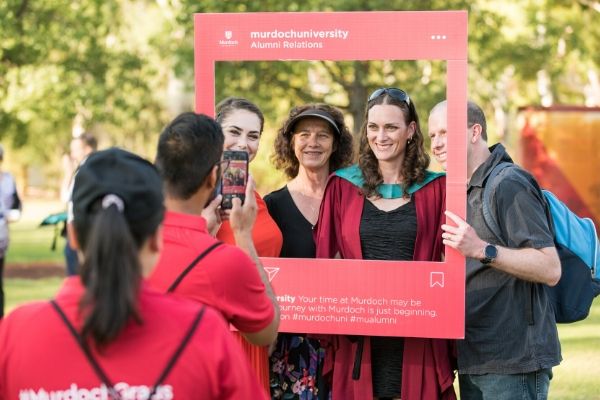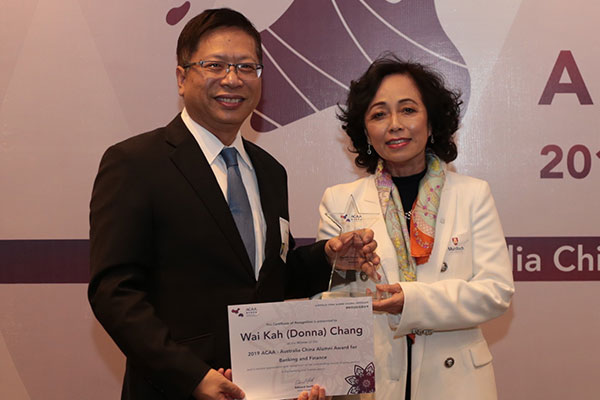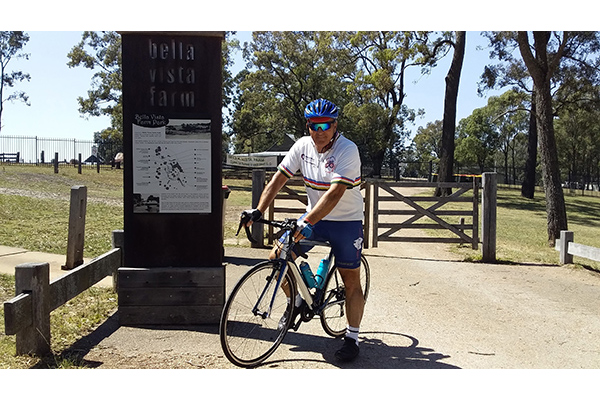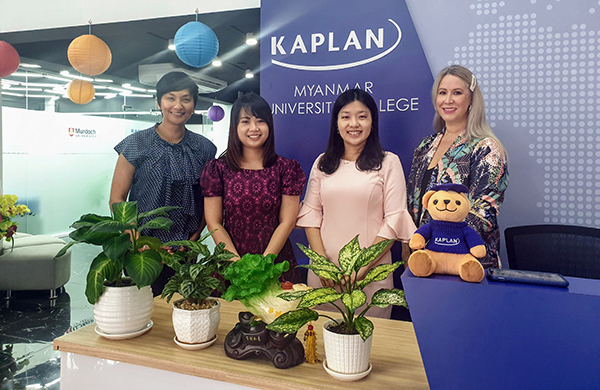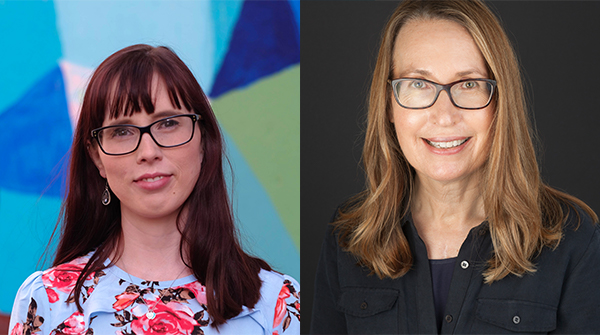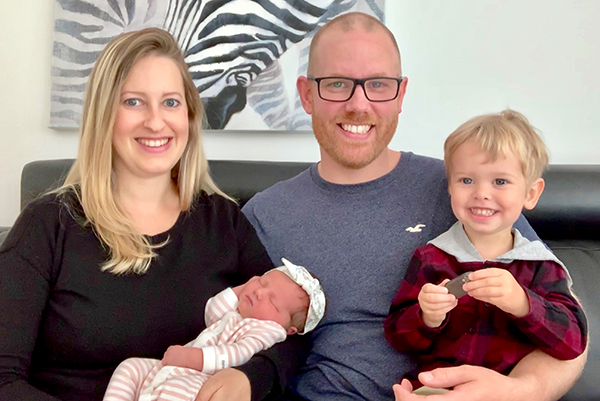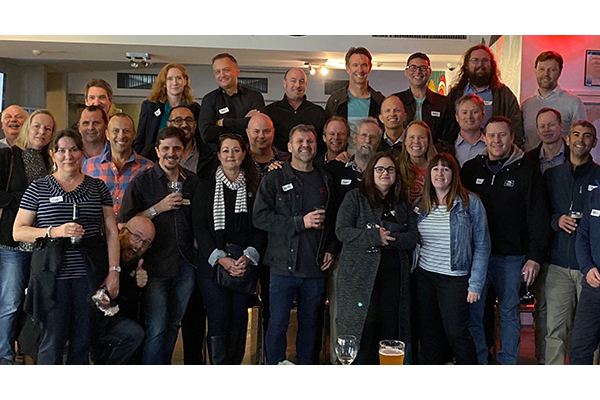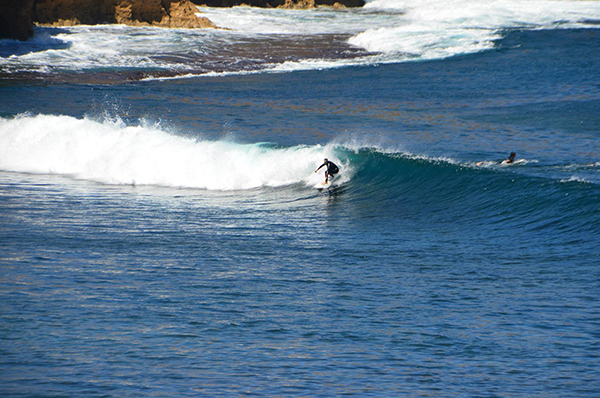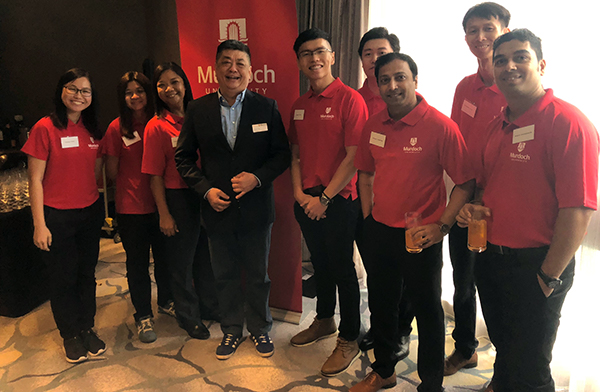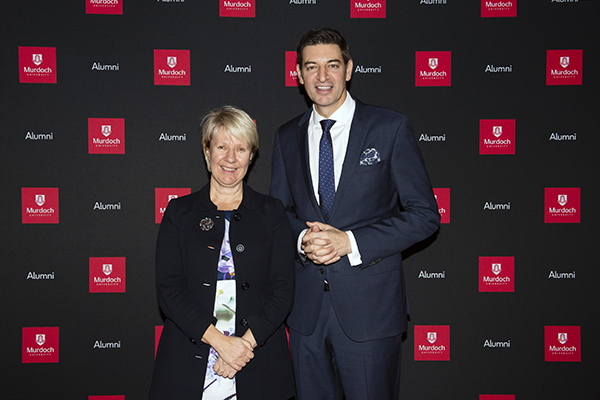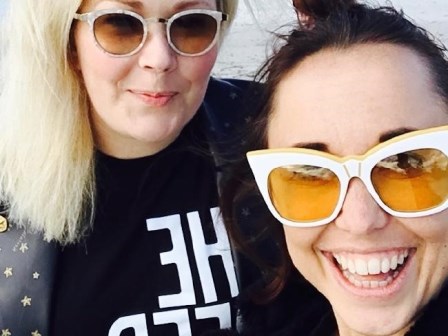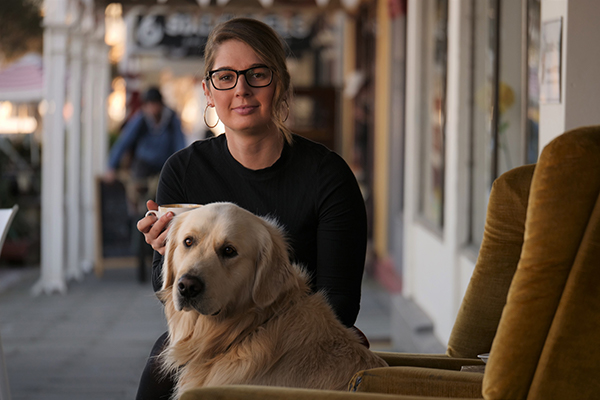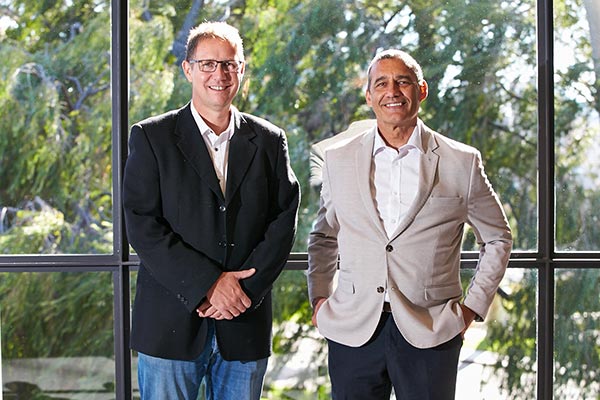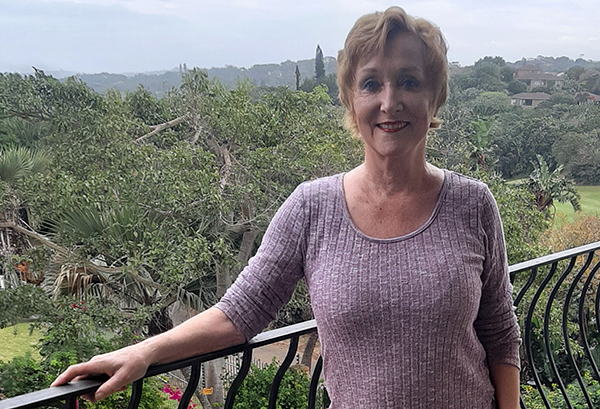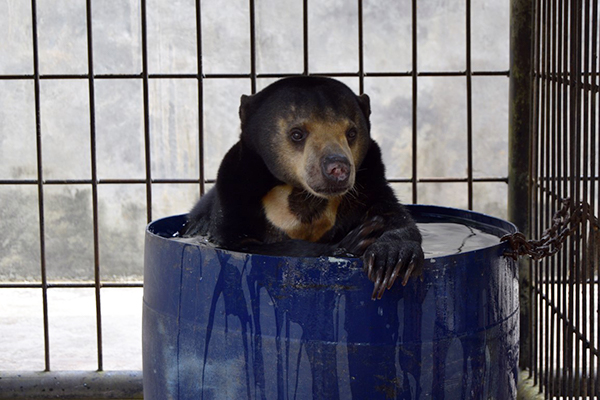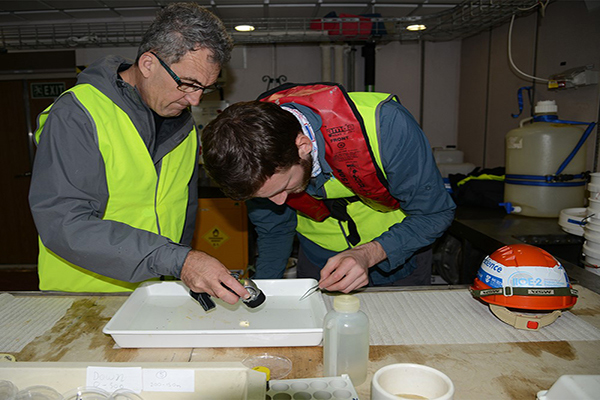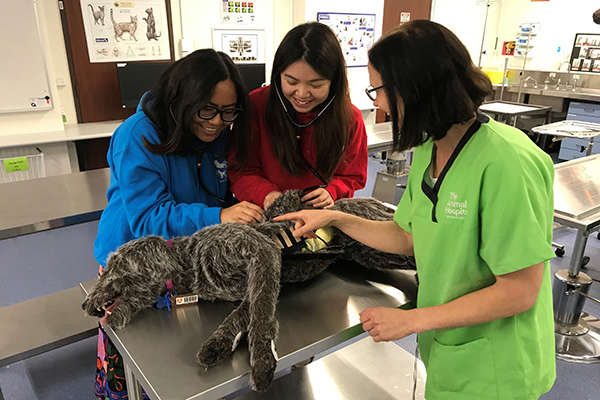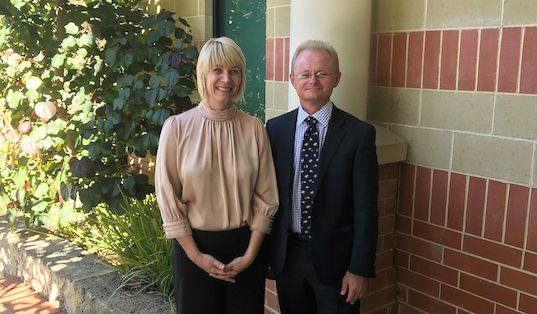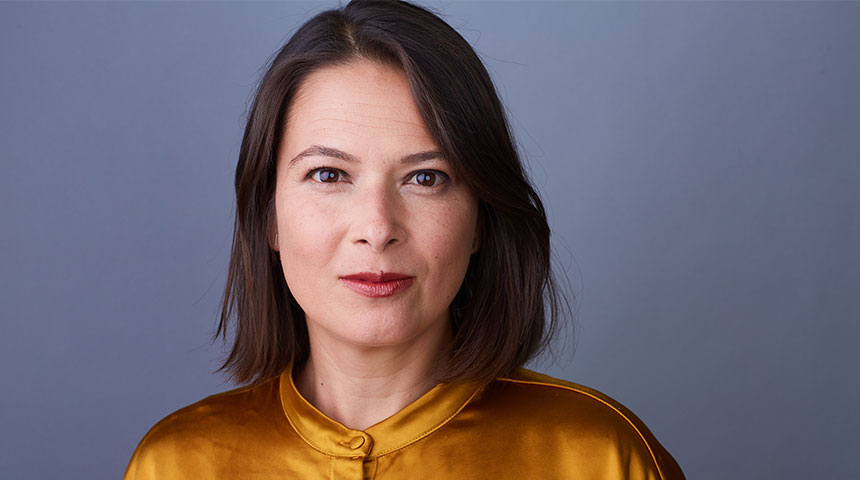
Elaine Pearson, (BA 1999 LLB 1999) has emerged as a formidable force on the frontlines of the global fight for human rights.
As the Director of Human Rights Watch's Asia
Division, Elaine oversees a team of researchers diligently documenting human
rights violations in over 20 countries. Her role extends beyond documentation,
as she provides strategic guidance to her team and engages in advocacy efforts
with politicians and officials worldwide to put an end to human rights
atrocities.
Elaine's journey in the realm of human rights
began in 2007 when she joined Human Rights Watch. Before assuming her current
role, she served as the Asia Deputy Director and played a pivotal role in
establishing the Australian branch of Human Rights Watch, becoming its
inaugural Australia Director. Her extensive background includes work with the
United Nations and various non-governmental organisations in key global cities
such as Bangkok, Hong Kong, Kathmandu, and London.
A trusted international voice on human rights
issues, Elaine has contributed thought-provoking articles to renowned
publications including The Guardian, Sydney Morning Herald, and The Washington
Post. Her writings reflect a deep understanding of the complex human rights
landscape, drawing attention to issues ranging from human trafficking to
unlawful killings and repression.
One of the focal points of Elaine's work has
been the harrowing issue of human trafficking. Through on-the-ground research
and interviews with sex workers and victims, she has delved into the heart of
the problem in places like Bangkok and Amsterdam's red-light district. Her
experiences in Nepal and Nigeria have shaped a nuanced perspective on the
multifaceted drivers of trafficking, including poverty, corruption, and war. Elaine's comprehensive documentation of
the hardships faced by trafficking victims has driven policy changes in some governments
and brought to the fore the need to protect the rights of these vulnerable
individuals.
In addition to her advocacy efforts on a global
scale, Elaine has been a driving force behind shaping foreign and domestic
policies in Australia to incorporate a human rights perspective. Her work
involves regular briefings with journalists, politicians, and government
officials, along with appearances on television and radio programs. Pearson's
commitment to influencing policies extends to testifying before parliamentary
committees and speaking at public events, ensuring that the discourse around
human rights remains embedded in political agendas.
In 2022, Elaine Pearson unveiled her first book,
"Chasing Wrongs and Rights." This human rights travelogue offers a
glimpse into her early life in Perth and chronicles her global career
documenting the worldwide struggle for human rights. The book serves as a
testament to Elaine's dedication and the challenges faced in confronting
issues such as war crimes, torture, police states, refugee abuse, deaths in
custody, and prison conditions.
Her role requires exceptional fortitude, resilience, and courage under fire. Over two decades into her calling, she remains cognizant of the challenges. In her own words, "We don’t always get the result we want… But when human rights abusers know that someone is watching, recording, and exposing these violations, it raises the stakes, putting the threat of accountability into the calculus of their decisions."
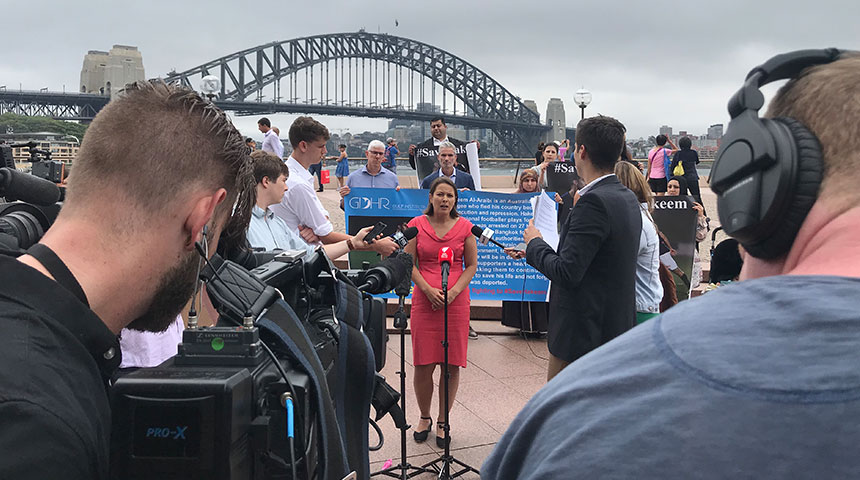
Q&A with Elaine
What have been some of the most incredible outcomes during your career?
The things have had the greatest impact is work done in partnership with other allies and organizations. I’m proud of the work we did on human trafficking – the work with NGO partners really shaped how governments see victims as victims rather than as criminals – and as a result of our efforts, a number of governments introduced new laws and policies to protect victims of trafficking, especially to provide them with residence permits in countries of destination.



